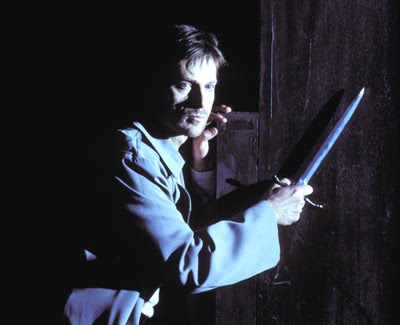



Her performances produced an extraordinary reaction: men wept openly in the theater, and when they left were "convulsed by uncontrollable emotion." The twenty-five-year-old Alexandre Dumas, père, who was about to embark on a major career as a novelist and dramatist, was in the audience and found the performance revelatory, "far surpassing all my expectations". M.G.Her mad scene appeared to owe little to tradition and seemed almost like an improvisation, with several contemporary accounts remarking on her astonishing capacity for mime. For the sake of the original protagonist Allan Clayton seriously), who reclaims his role at the Met, we hope Dean’s word man Matthew Joycelyn has come up with a tactical tweak. We wonder: will we hear that apparently tactless line of Queen Gertrude’s in the final duel? “He’s fat and scant of breath,” she notes in the play, meaning that Hamlet has worked up a sweat and is fighting for air. (Paraphrasing in English is its own can of worms see the misbegotten Tempest of Thomas Adès.) All that said, we’re prepared to approach Dean’s Hamlet with an open mind. But mostly, the durable Shakespeare operas-Verdi’s, Gounod’s-are paraphrases in languages other than English. The best precedent for this approach is A Midsummer Night’s Dream as “adapted” (the perpetrators’ word) by the composer of the opera, Benjamin Britten, hand in hand with his life partner, the tenor Peter Pears. “Shakespeare offers a gauntlet that shouldn’t always be picked up,” The Guardian noted in its review of the Australian composer Brett Dean’s Hamlet at Glyndebourne in 2017, quickly adding that this new opera “rises to the challenge.” Thus, while a living librettist gets credit, perhaps an opening-night bow, and presumably a piece of the royalties, most of the language we’ll be hearing goes back to the Swan of Avon.


 0 kommentar(er)
0 kommentar(er)
